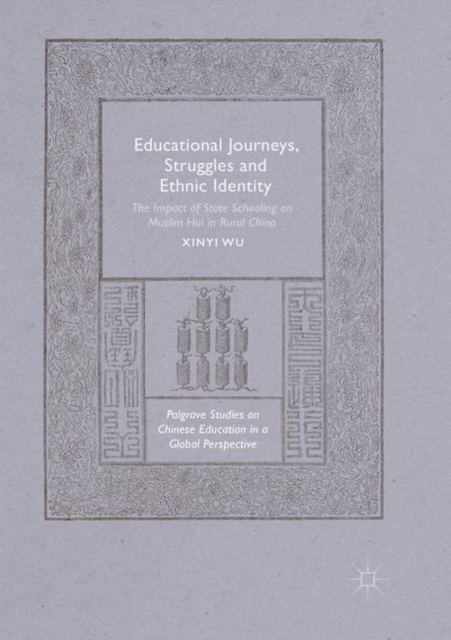CITESTE MAI MULT
Detalii
Descriere RO
This book examines how state schooling in China has economically, culturally, and ideologically had an impact on and gradually transformed a traditional Muslim Hui village in rural Northwestern China. By discussing the interpretation and appropriation of dominant educational discourse of "quality" in the rural context, it illustrates the dichotomies of poverty and prosperity, civility and uncivility, and religiosity and secularity as they are perceived and understood by teachers, parents and students. Based on an original ethnographic research conducted in a secondary school, it further touches upon Muslim Hui students' negotiations of filial, rural, and ethnoreligious identities when they struggle to seek a life of their own in the journey to prosperity.
The book introduces audiences to multiple ways in which Muslim Hui students construct and negotiate identities through state schooling, especially the educational heterogeneity experienced by various Muslim youth. It also captures the changing rural-urban dynamic as state schooling continues to guide local formal educational activities as well as create tensions and confusions for both teachers and parents. Most importantly, the book challenges stereotypes about Muslim Hui students in Northwest China being assimilated into the mainstream culture by demonstrating how local Muslims live, study, pray, and fulfil the five pillars of Islam. It will be highly relevant to students and researchers in the fields of education, anthropology, sociology, and religious studies.
EdituraSpringer International Publishing AG
Dimensiuni210 x 148
Data Publicarii28/08/2018
Format
Necartonata
Numar pagini211
Aceasta este o carte in limba engleza. Descrierea cartii (tradusa din engleza cu Google Translate) este in limba romana din motive legale.
Aceasta carte examineaza modul in care scolile de stat din China au avut un impact economic, cultural si ideologic asupra si au transformat treptat un sat traditional musulman Hui din nord-vestul Chinei. Discutand despre interpretarea si insusirea discursului educational dominant de „calitate” in contextul rural, acesta ilustreaza dihotomiile saraciei si prosperitatii, civilitatii si necivilitatii, precum si religiozitatea si secularitatea pe masura ce sunt percepute si intelese de profesori, parinti si elevi.

